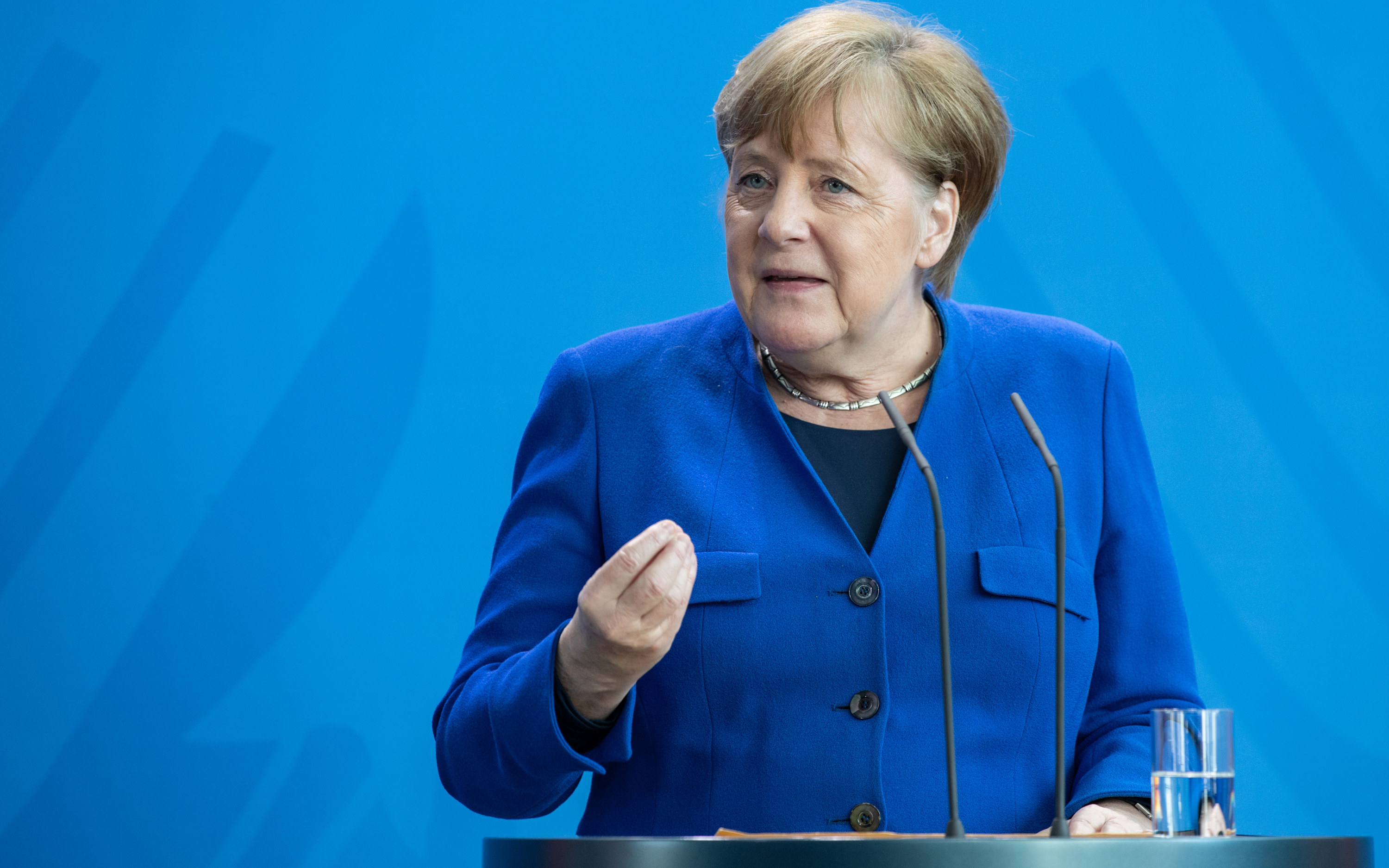
The journalists at BuzzFeed News are proud to bring you trustworthy and relevant reporting about the coronavirus. To help keep this news free, become a member and sign up for our newsletter, Outbreak Today.
Intensive care units in German hospitals are treating more than 200 coronavirus patients from neighboring EU countries, Germany’s health minister has said.
Jens Spahn said Monday there was a “willingness and the capacity to accept more [patients] if necessary.” Spahn said Germany would cover the costs of the treatments. “That is our understanding of European solidarity,” he added.
A German health ministry spokesperson told BuzzFeed News that the patients were mainly from France, Italy, and the Netherlands, with dozens of critically ill people from some of the European areas hardest hit by the coronavirus airlifted to hospitals in several German regions.
Together with @SanDstBw the @Team_Luftwaffe flew to Bergamo at 6:00 a.m. to support our Italian friends. They bring intensive care patients to Germany for treatment 🇮🇹🇩🇪🇪🇺. @GermaniaItalia @europainitalia @ItalyinEU #FuerEuchGemeinsamStark #StrongerTogether https://t.co/C4G4n1noef
The first group of patients treated at the university hospital in Essen returned to France last week.
Quel moment émouvant de l'amitié franco-allemande🇫🇷🇩🇪Lorsque les lits de soins intensifs pour les patients atteints du #COVID19 manquaient en France,nous avons proposé un traitement en Rhénanie-du-Nord-Westphalie. Aujourd'hui marque la rentrée en F 🇫🇷des premiers patients guéris https://t.co/LIMRaERQty
According to the Süddeutsche Zeitung newspaper, the cost of providing the treatment is around 20 million euros (about $21.75 million).
Germany has been praised for its response to the coronavirus as its official statistics show that it has suffered far fewer deaths from the virus than other European countries.
But the acts of solidarity by Germany come as the EU has been criticized for its response to the pandemic, with people in some countries feeling abandoned by the bloc’s slow reaction, despite a recent uptick in measures and an apology from European Commission president Ursula von der Leyen.

Support for the EU has collapsed in Italy, which has suffered more coronavirus deaths than any other European country, multiple polls have shown. A recent poll showed that 42% of Italian voters want to leave the EU, up from 26% in 2018. Another survey found trust in the EU among voters had dropped 13 points to 25% since January alone. Nearly six in 10 voters feel that the EU as it is makes no sense, a third poll found, with support for membership dropping even among voters of normally pro-EU parties.
As well as paying to treat coronavirus patients from neighboring EU states, Germany has supplied 7.5 tons of equipment, including ventilators and face masks, to Italy, and has also sent a team of doctors and nurses to work in a hospital near Naples.
Germany has expanded its intensive care beds to 40,000 and ventilation units to 30,000, one of the highest rates per capita in Europe. Before the crisis, there were 28,000 intensive care beds nationwide, including 20,000 with ventilation.
According to data published by Germany's national health institute based on a register of 30,058 intensive care units, 17,393 (58%) beds are currently occupied and 12,665 beds are currently available. Among these, there are 2,889 COVID-19 patients in intensive care as of this weekend.
The institute’s data shows that 139,897 people have tested positive to the virus so far in Germany and 4,294 have died.

Meanwhile, EU leaders are deep in debate over which financial measures to adopt to support the bloc’s economic recovery. Southern European countries, including Spain, Portugal, and Italy, as well as France, have been pushing for a joint fund supported by common debt and guarantees. But such proposals have so far been resisted by northern members of the euro area, with the Netherlands the most vociferously opposed.
As the continent is expected to be hit by its hardest recession in recent history, both German Chancellor Angela Merkel and French President Emmanuel Macron have warned that the EU is facing its biggest challenge since its foundation. The French president told the Financial Times in an interview last week that the EU risked unraveling if it failed to embrace financial solidarity.
Jean-Yves Le Drian, France’s foreign minister, said on Monday that the pandemic threatened the multilateral world order.
